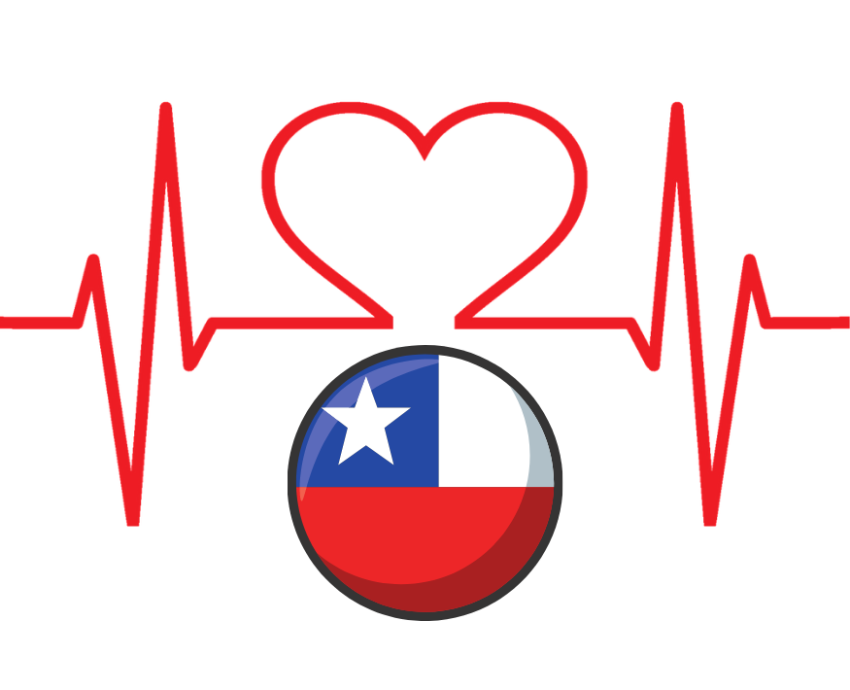
In an important victory against right-wing candidate José Antonio Kast, Gabriel Boric of the leftist coalition “Apruebo Dignidad” was elected president of Chile on December 19 with 54% of the votes.
The victory of a leftist candidate calls into question the future of neoliberalism in Chile, an era which was ushered in by United States-backed dictator Augusto Pinochet and was ultimately destructive for public services in the nation.
The existing health system in Chile took shape in 1980, when the military dictatorship privatised healthcare through the creation of the Instituciones de Salud Previsional (ISAPREs) system, which is a system of for-profit insurance companies.
With this system, workers with higher incomes, comprising 17% of the population, could stop paying their compulsory contribution (7% of one’s salary) and purchase individual plans provided by private for-profit clinics. 80% of the population is covered by the public insurance system, provided for by the National Health Fund (FONASA), which includes mainly public providers, financed by contributions from 7% of workers’ salary and general taxes. While 3% of the population is covered by the Chilean Armed Forces insurance.
This system creates a class-based fragmentation of social security, leading to inequitable public health. There is a high segmentation of health provisions which generates long waiting lists in the FONASA sector, resulting in high levels of citizen dissatisfaction. Since 1990, a large number of reforms have been carried out to make the private system less abusive and the public system more equitable, but without the necessary structural transformations.
Structural transformations for good health
Boric’s program proposes a structural transformation long-awaited by the progressive forces in the country: universal, equitable social security in health, similar to those implemented by some capitalist countries in Europe (England, Spain, and Nordic countries), financed by general taxation. Only Salvador Allende proposed a similar policy: the Single Health Service. However, this was in the context of the pursuit of system-wide socialism rather than simply reform—an approach not present in Chile today.
A Bismarckian contributory system of social security, such as exists in Chile, in which there is a compulsory contribution from workers and as well as state contribution, has always been upheld with the self-exclusion of the wealthiest class. Now, Chile has a government that proposes an equitable universalisation, not based on insurance, which in practice means that the ISAPRE will be transformed into complementary, irreplaceable insurance. Boric’s other proposals are functional measures aimed at improving the coverage of benefits (waiting lists), improving the quality of services and reducing the high amounts of out-of-pocket spending that still exists in Chile (35% vs. the 20% OECD average).
The real challenge is to initiate a process of profound transformation that will lead us towards a standard of health and care rather than disease/medical care; of prioritising health promotion and disease prevention; of seeking balance with nature to achieve buen vivir (good living through the rescue of the knowledge of our native peoples); a single but plurinational and feminist health system.
Such a transformative task will not be easy, as the newly elected parliament will be divided and negotiations will have to take place. The new left-wing government requires that citizens maintain their support in a mobilised, active, and consistent way and, as Lewin pointed out, Boric must turn this support into “an ally in its changes and not a nuisance for its agreements”.
It is worth saying that the hope revitalised on October 18, 2019, the day in which “Chile woke up” with the popular uprisings of the “Social Outburst” or “Rebellion of Social Determination”, must be maintained and reinforced. The great rise of the feminist movement and the unprecedented constituent process initiated with a constitutional convention presided over by a Mapuche woman, with gender parity, with seats reserved for representatives of Indigenous peoples, with a broad representation of independent left-wing movements, should be another pillar that supports the progressive health agenda and brings us closer to a nation of people living in justice and dignity.
[Reprinted from People’s Dispatch. Mario Parada Lezcano is a public health specialist and professor at the School of Medicine of the University of Valparaíso – Chile.]